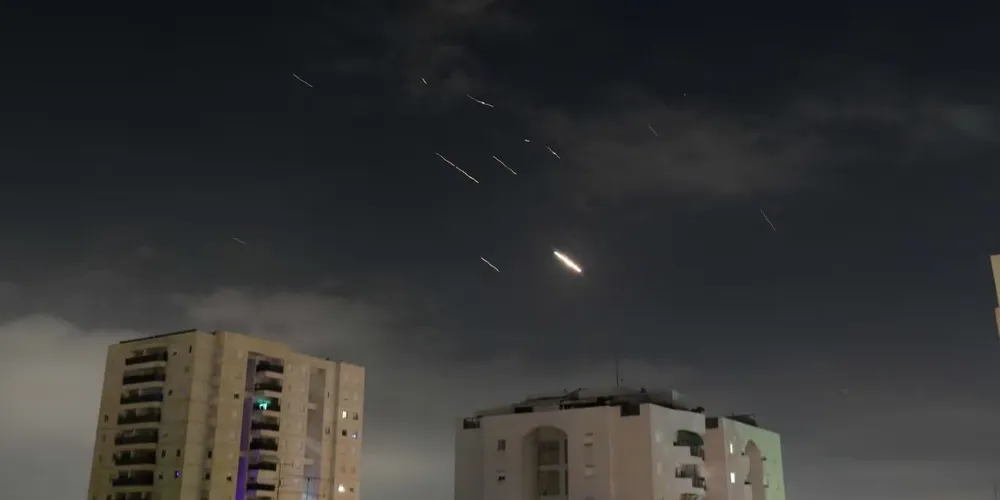ISW explained why Iran's attempt to strike Israel Russian-style failed
Iran, having recently launched a combined air strike against Israel using tactics similar to Russia's attacks on Ukraine, might have hoped for a greater effect from the attack. However, Tehran's attempt, apparently, did not lead to the expected result for a number of reasons.
Such conclusions were reached by analysts of the Institute for the Study of War in their report.

The publication notes that the "package" of missile and drone strikes was modeled by Iran on those that the Russian invaders have repeatedly used against Ukraine with significant effect.
"The attack caused more limited damage than intended likely because the Iranians underestimated the tremendous advantages Israel has in defending against such strikes compared with Ukraine," the experts say.
The ISW also believes that the Iranians will "learn lessons from this strike" and work to improve their ability to break through Israel's defenses over time, " as the Russians have done in repeated strike series against Ukraine".
The Iranian strike on the night of April 14 consisted of approximately 170 drones, 30 cruise missiles, and 120 ballistic missiles, the report says The kamikaze drones were launched long before the ballistic missiles were fired, very likely in the expectation that they would reach Israel's air defense window at about the same time as the cruise missiles and UAVs.
"The Russians have used such an approach against Ukraine repeatedly. The purpose of such a package is to have the slower cruise missiles and drones distract and overwhelm air defenses in order to allow the ballistic missiles, which are much harder to shoot down, to reach their targets," the experts wrote.
The Institute for the Study of War said that the Iranians likely did not expect their cruise missiles and drones to hit targets, but probably hoped that a much higher percentage of ballistic missiles would.
However, only a handful of ballistic missiles out of a total of 120 fired penetrated Israeli air defense and struck near military bases.
"Ukrainian air defenses have averaged interception rates of only about 46% of Russian ballistic missiles during recent large strikes. The Iranians likely expected that Israeli rates would be higher than the Ukrainian rates but not above 90% against such a large ballistic missile salvo—the Russians, after all, have never fired close to that many large ballistic missiles in a single strike against Ukraine," the report says.-
ISW also writes that the AFU air defense often intercepts more than 75% of Russian cruise missiles and drones, but many of these intercepts "occur within an air defense zone that also deals with ballistic missile defense".
“The Iranians thus likely expected that at least some of their drones and cruise missiles would interfere with Israeli targeting of incoming ballistic missiles, whereas apparently none did," the analysts report.
Author – Anastasiya Glotova, 15/04/2024



































































































